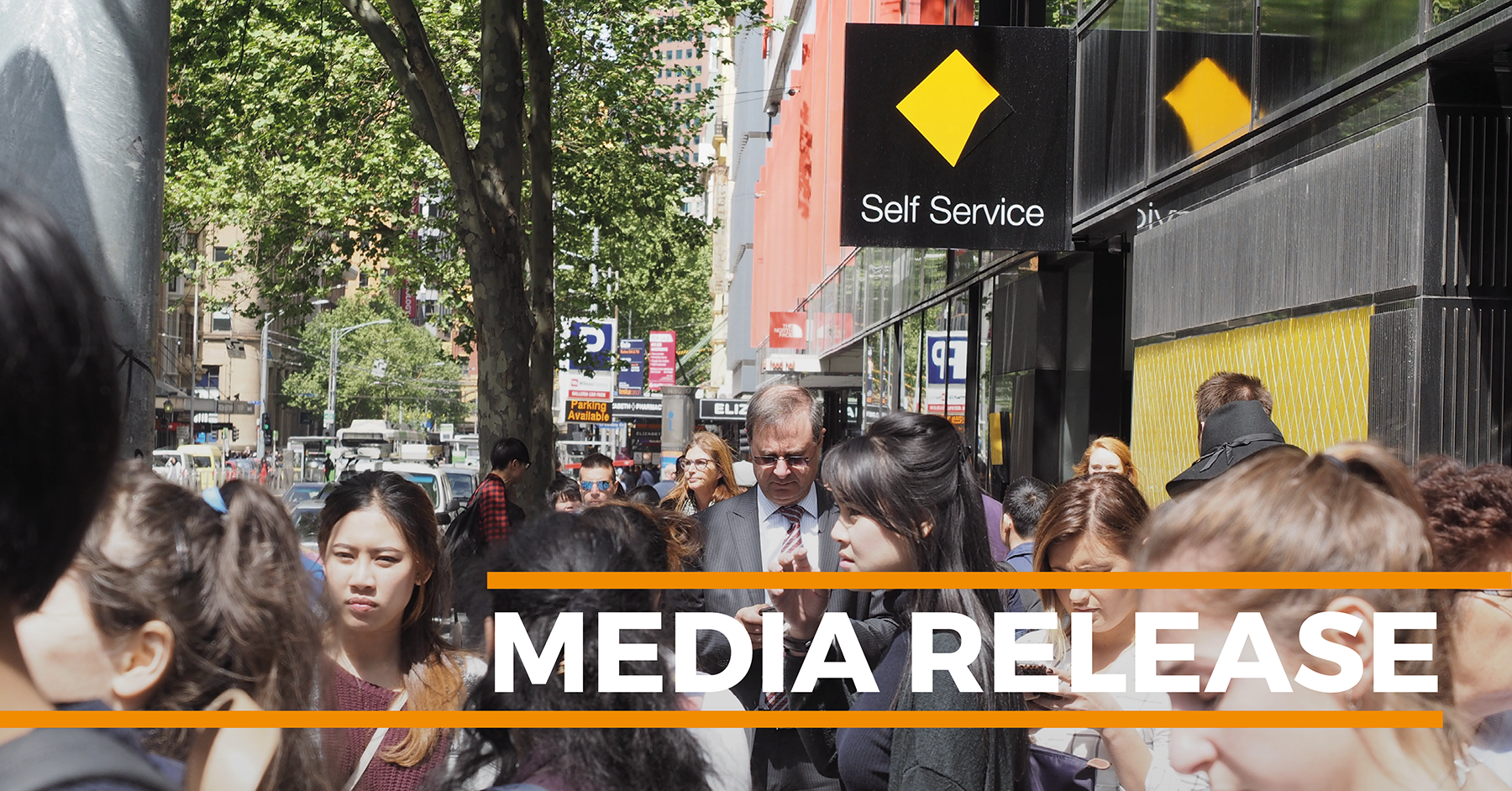Banks must offer better value bank accounts to struggling Australians
The updated Banking Code received authorisation yesterday from the Australian Competition and Consumer Commission (ACCC) and the ABA are now seeking final approval from the Australian Securities and Investment Commission (ASIC).
The Banking Royal Commission identified the harm caused to low-income Australians by banking dishonour fees and informal overdrafts and recommended their removal from basic accounts. The revised code will now require banks to offer eligible customers accounts with no overdrawn fees, dishonour fees or informal overdrafts. However, consumer groups Consumer Action Law Centre (Consumer Action), Financial Rights Legal Centre (Financial Rights) and Financial Counselling Australia (FCA) have said the new drafting is overly complex.
“The way the new requirements have been drafted in the Code is convoluted,” says Consumer Action CEO, Gerard Brody. “The new code talks of two types of accounts – ‘basic accounts’ and ‘low and no fee accounts’. The former offers a range of benefits including no account keeping fees and free transactions while the latter accounts remain undefined. People in any of the basic, low or no fee accounts are only guaranteed the benefits suggested by the Royal Commission when they hold a Commonwealth concession card.”
“We think all the banks should apply the code requirements simply, by offering one type of basic bank accounts that incorporate all the good practice standards”.¹
As part of authorising the revised code, the ACCC imposed conditions requiring banks to publicly report on the number of basic accounts opened and how the accounts are proactively offered to customers, a move strongly welcomed by consumer groups.
“Basic bank accounts have been available at many banks for quite some time, but accessing them has long been an issue,” says Financial Rights Chief Executive Officer, Karen Cox.
“The Banking Royal Commission found that many low-income bank customers were not made aware of their options for basic, no or low-fee banking products, and that even those who had managed to switch to them were subject to sometimes substantial overdraw fees and interest. This was not how basic bank accounts were supposed to work.
“We understand that many banks are now promoting basic bank accounts much more effectively and we call on all ABA members to be proactive in this regard. The new reporting requirements that the banks will help us understand the effectiveness of these efforts,” says Ms Cox.
MEDIA CONTACT: 0413 299 567, media@consumeraction.org.au

EDITOR’S NOTE:
¹ ‘Basic bank accounts’ have, at a minimum: No account keeping fees; Free periodic statements (you can choose monthly or longer intervals); No minimum deposits (except that you may be required to have your government benefit payment paid into this account); Free direct debit facilities; Access to a debit card (such as eftpos, or a scheme debit card, such as Visa Debit or Mastercard
Debit) at no extra cost; free and unlimited Australian domestic transactions. A ‘basic, low fee or no fee account’ offered to eligible customers will have: No informal overdrafts (except where it is impossible or reasonably impractical for us to prevent your account from being overdrawn); No dishonour fees; and No overdrawn fees.
Does this sound familiar? If you or your client needs help with a similar issue, click here to contact one of our advice services.


